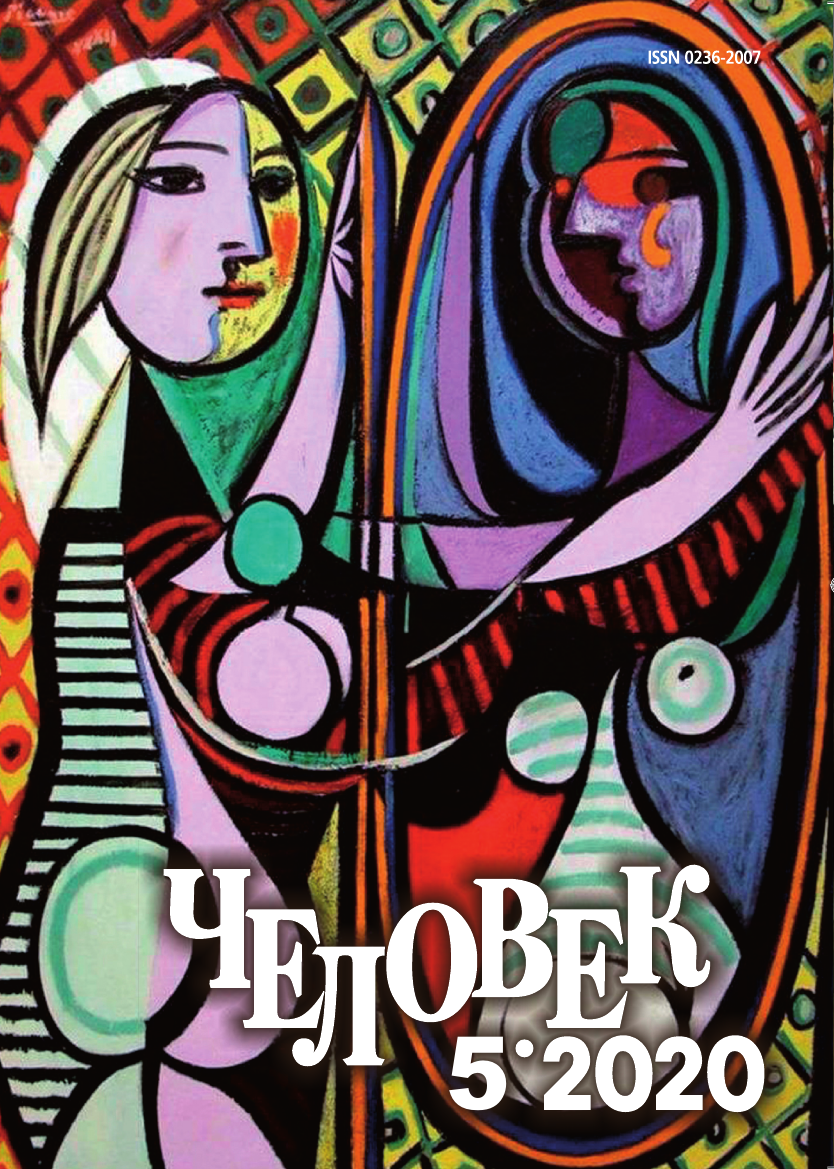Рandemic challenges and medicine disasters
Roundtable at the Chelovek journal
Keywords:
pandemic, quarantine, emergency situation, human condition, disaster medicine, bio-power, autonomy, transformation of moral values, humanities, scientism, technocracy, bioethics, humanismAbstract
The COVID-19 pandemic caused by the SARS-Cov-2 coronavirus is a kind of crash test arranged by wild nature for humanity. This challenge requires maximum mobilization of the moral and material resources of states, communities, and citizens. Attempts to respond to it reveal the strengths and weaknesses of national health systems and international cooperation in this area. It is essential to analyze comprehensively the lessons of the pandemic and respond promptly and constructively to the emerged problems. What can we know about the rapidly developing adverse situation and how can this knowledge be conveyed to the society — to politicians and ordinary citizens? Where are the moral boundaries that transform the emergency measures necessary to contain the pandemic and mitigate its dramatic consequences from necessary means of rescue into the sources of moral evil, sometimes unacceptable? What can we hope for when we once again face a total natural or anthropogenic threat to the survival of humanity? What are the possibilities of medicine in a disaster and how are the tactics of providing medical care when there is an acute shortage of all the necessary resources? The participants of the round table seek to identify approaches to answering these questions, give a diagnosis of the situation from the point of view of humanities, and discuss the efficiency of the relevant intellectual and technological resources available to humanity. In particular, they show that in order to ensure stable development in the face of permanent external (natural) and internal (man-caused) challenges, there are proven tools that are not always in sufficient demand in the current emergency situation. They identify the rich intellectual, organizational and political traditions of human survival in conditions of anomie and chaos (wars, natural disasters, pandemics, etc.); discuss various options for matching the tasks of preserving public safety and respect for the dignity of the individual; archetypal structures of biopolitical devices of isolation (quarantine) and the phenomenon of emergency as an immanent characteristic of the human situation are investigated; heuristics of the humanitarian vision of the human situation in catastrophic circumstances are revealed.






